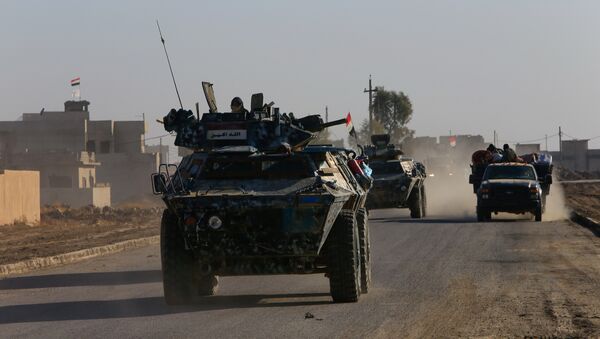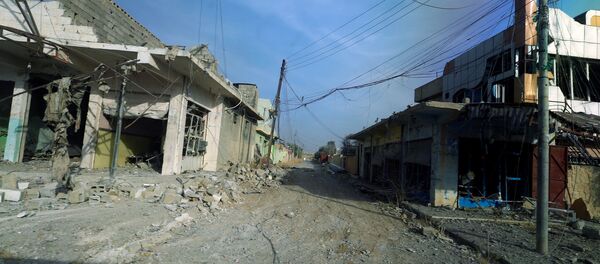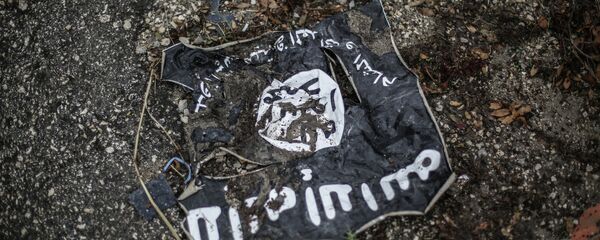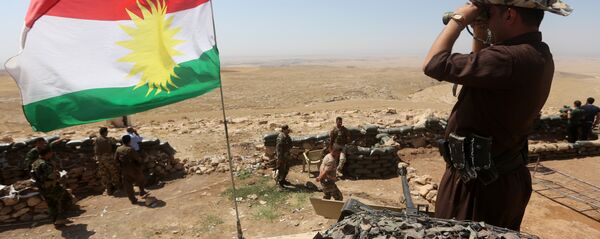"They are the reason Sinjar, Mosul and Saladin were abandoned and 4 million Iraqis became refugees. This group could be planning something to prevent Mosul from been fully liberated so that many things remain buried," he suggested.
Kefah Mahmoud further said that al-Maliki and his supporters, who "deliberately" don't want the Kurdish issue to be resolved, have constantly tried to put a spoke in Prime Minister Haider al-Abadi's wheel.
The relationship between Baghdad and Erbil, the capital of Iraqi Kurdistan, has been rocky since the Kurds have been pushing for greater autonomy, if not independence, but successes achieved during the offensive aimed at liberating Mosul have apparently shown that cooperation between the two sides could be fruitful.
"The fact that Iraqi security forces and Kurdish fighters have cooperated and coordinated their activities aimed at liberating Mosul serves as a testament to the fact that the plan aimed at stabilizing the relations between Baghdad and Erbil is working. Perhaps for the first time since Iraq was founded the Iraqi Armed Forces have worked together with Peshmerga. They have secured major victories as a result."
Kefah Mahmoud acknowledged that there are challenges in relations between Baghdad and Erbil, but said that both parties have reached a compromise on many issues.
"Both sides have agreed on how the operation aimed at liberating the Nineveh Plains and Mosul will proceed. They have allocated responsibility for various operations aimed at liberating northern, western and southern districts of Mosul. They have also established efficient cooperation with US leadership," he said. "In addition, an agreement has been reached to establish a high committee on administering the Nineveh province to resolve issues which many expect to arise once the land is fully liberated."
"It is clearly impossible to integrate Sinjar and the Nineveh Plains without the consent of the local population. I think that the decision of the locals corresponds with the notion of democracy. Sinjar, the Nineveh Plains or any other region which has become a bone of contention will not become part of Iraqi Kurdistan without a referendum. I think that this approach will resolve many issues between Baghdad and Erbil," he explained.
Never miss a story again — sign up to our Telegram channel and we'll keep you up to speed!





